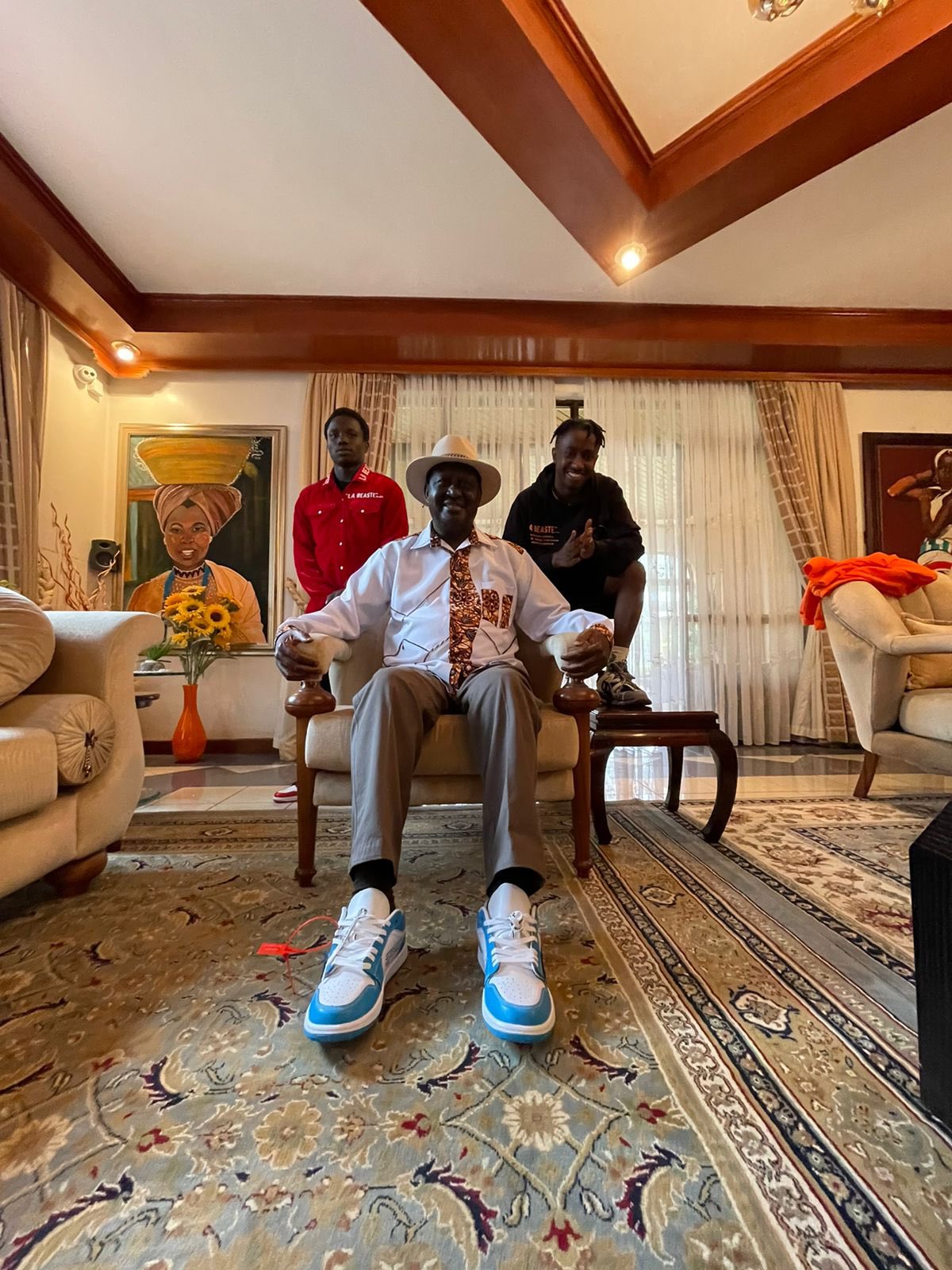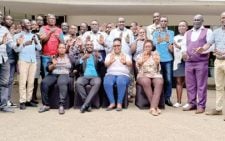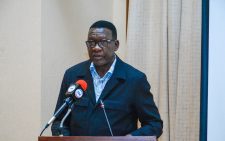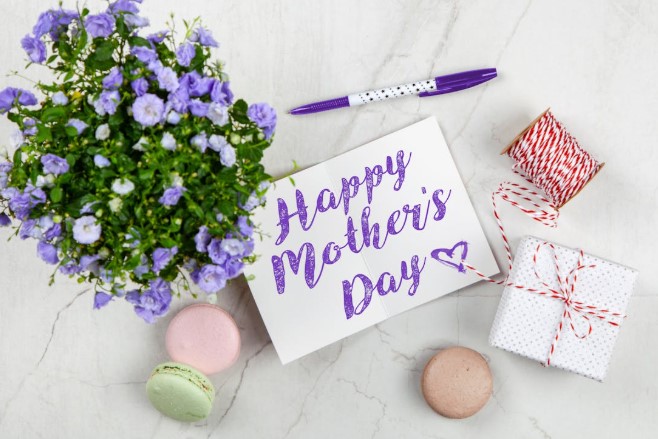BBI among six likely victims of Uhuru new Corona rules
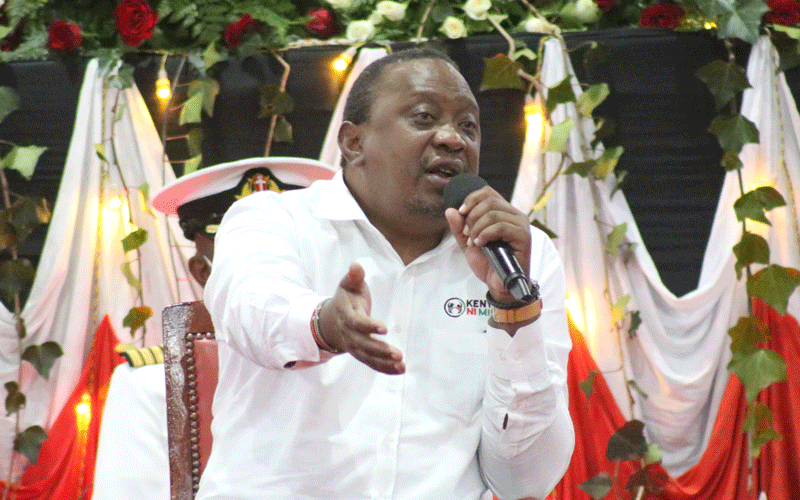
President Uhuru Kenyatta is walking a tightrope as he tries to balance between keeping the country’s economic recovery trajectory on course and containing the rising cases of coronavirus.
Today, all eyes will be on the President as he makes a decision whether to lift the year-long containment measures, some of which have led to economic slump, or give it an extension in the wake of a surge of new infections and deaths.
Yesterday, sources told People Daily that President Kenyatta’s and opposition leader Raila Odinga’s pet legacy project, the Building Bridges Initiative (BBI) and hours for religious services are likely to be among the casualties of stricter measures that he is likely to outline today.
Consideration is also being made to reduce operating hours for bars and entertainment joints by at least one hour. Proposals are on the cards to have the facilities close by 8pm instead of the current 9pm deadline.
First address
The President’s anticipated address to the nation comes exactly one year since Kenya reported its first case of coronavirus, almost two months after the virus had broken out in Wuhan, China.
Ivy Brenda Cherotich, who had travelled to Nairobi from America, via London, on March 5, 2020, was the first to be confirmed positive by the National Influenza Centre laboratory.
She was subsequently isolated and put under treatment at the Kenyatta National Hospital. The confirmation led to a raft of measures put in place by the government as it scrambled to protect the country from what was then described as a “devastating pandemic”.
“This pandemic will test us, as it is testing all countries in every corner of the world, but I do not believe it will defeat us. If we pull together, and everybody does their part, we shall overcome its worst impact,” President Kenyatta told a nation in trepidation in his first Covid-19 address on March 15, 2020.
Today’s address comes at a time the country is experiencing a sudden rise of new infections and deaths resulting from Covid-19 with the government and health experts warning that the country is in the throes of a third wave.
On Wednesday, Health Cabinet Secretary Mutahi Kagwe warned that Kenya is on a dangerous path, if situations witnessed in other countries that have experienced a third round of the virus are anything to go by, as he hinted at stricter measures in the offing.
“I wish to bring to your attention that we are dealing with the third wave of the virus, which is severe. In this regard, governors and the Ministry of Health will relook at the existing protocols with a view to contain the current wave,” Embu Governor and chairman of the Council of Governors Martin Wambora, said during a joint press briefing with Kagwe.
Sources also revealed that the National Emergency Response Committee on Coronavirus (NERC) had made a number of recommendations to the President, among them retention of the dusk-to-dawn curfew, total ban on political and social gatherings, a review of regulations on religious services and tighter control on operations of entertainment places and eateries.
Curfew hours are now likely to ease and start at 11pm and end at 4am. Currently curfew starts at 10pm and ends at 4am.
The new proposal is likely informed by the need to enhance movement of people travelling long distances. Retention of the nightlong curfew is likely to rub owners of bars and entertainment joints the wrong way after their spirited pleas to the President to remove it.
Social and entertainment joints have been identified as hot spot areas for infections due to the recklessness of the revellers who throw all caution to the wind.
NERC recommendations
An anticipated complete ban on social and political gatherings for the next one month is likely to temporarily stop the BBI reggae across the country, given the fact that politicians supporting the constitutional changes initiative are all set to start countrywide rallies to popularise the document.
“It would be a good move for the government to halt all social and political rallies since they have become areas where the virus seems to be spread. The government should also strictly enforce the wearing of masks,” said Dr Githinji Gitahi, an expert in infectious diseases and the group CEO of Amref Health Africa.
The government is reportedly mulling making the wearing of masks and handwashing mandatory, with the police and county askaris given express instructions to arrest those who flout the rules.
“Focus will also be turned on worship places where people no longer observe the laid down protocols,” one NERC member told People Daily.
An earlier proposal for the partial lockdown of Nairobi, which medics say is a hot spot after recording the highest number of new cases, was reportedly overruled over economic considerations.
“Whatever measures the President takes today should be balanced between economic and medical benefits,” says Mike Muthamia, one of the board members of the Pubs, Entertainment and Restaurants Association.

